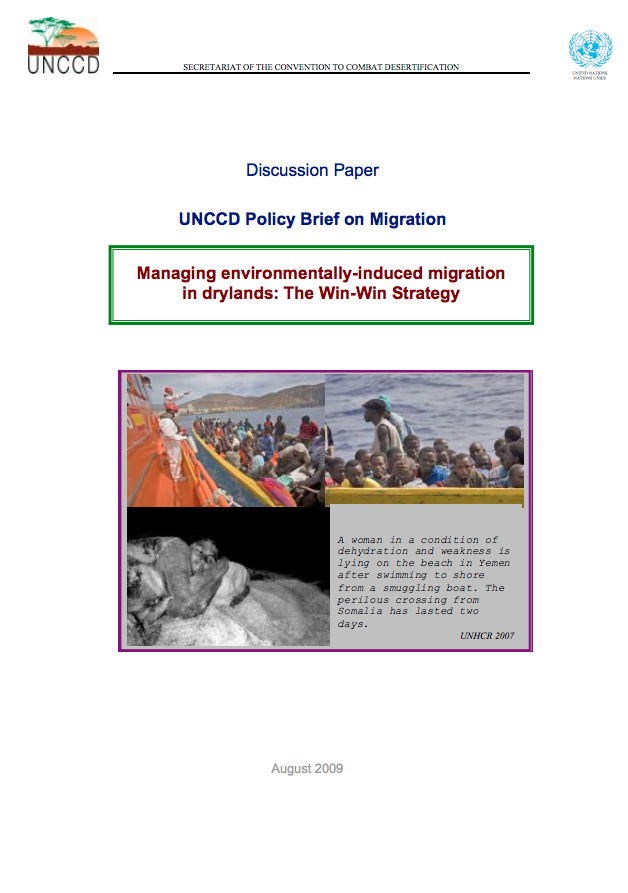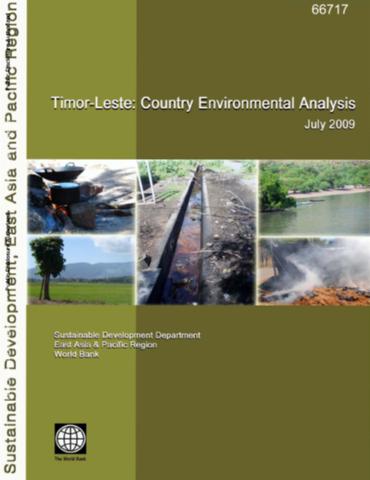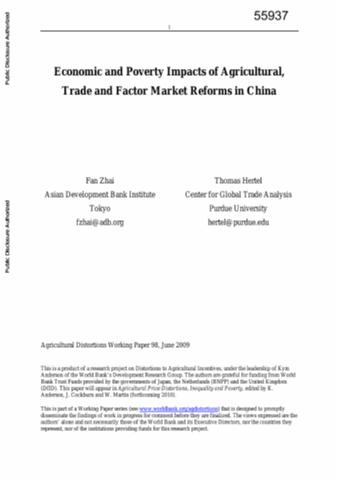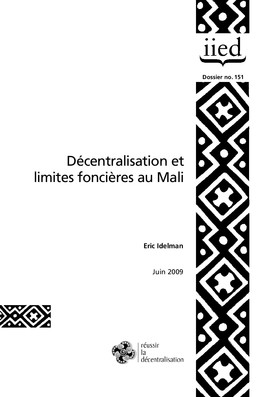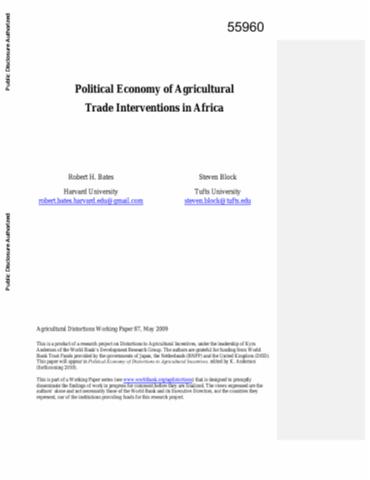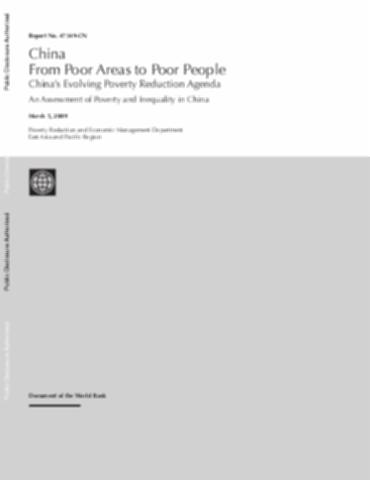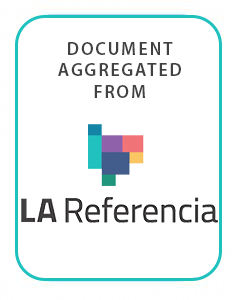Managing environmentally-induced migration in drylands: The Win-Win Strategy
Human activities have resulted in unprecedented phenomena and severe impacts for the 21st century such as land degradation, natural resources scarcity, climate change, and a rapid decline in biodiversity.

